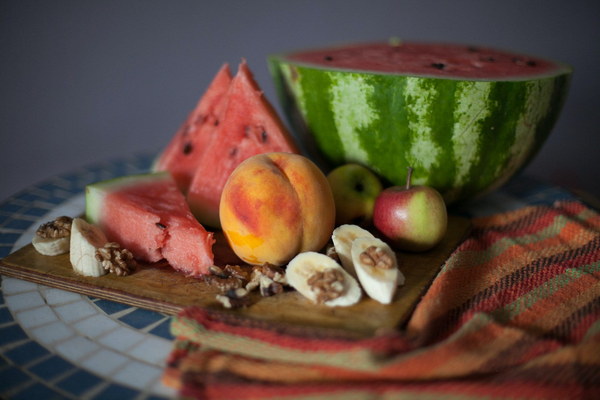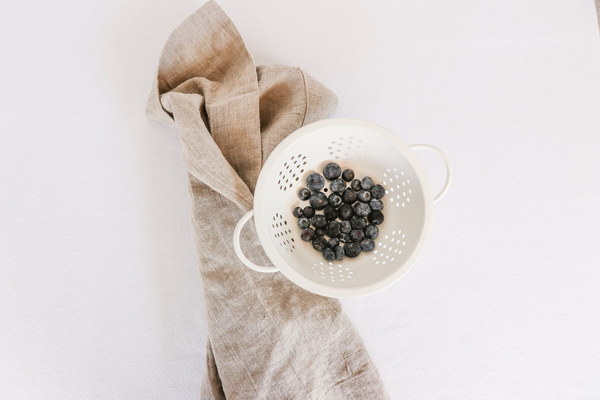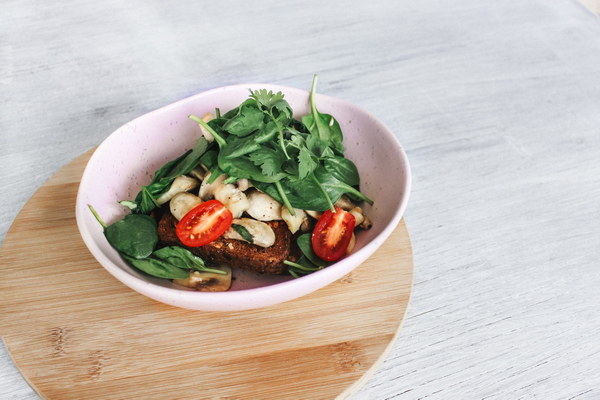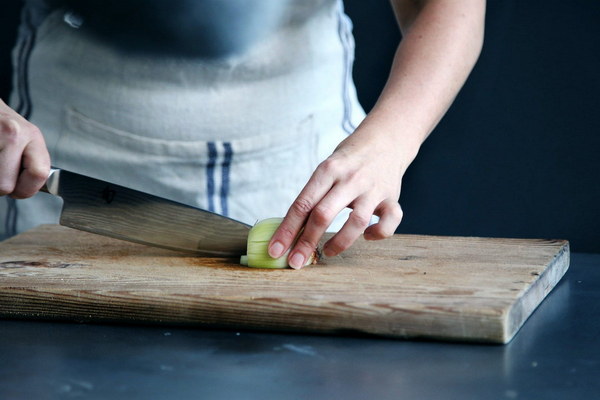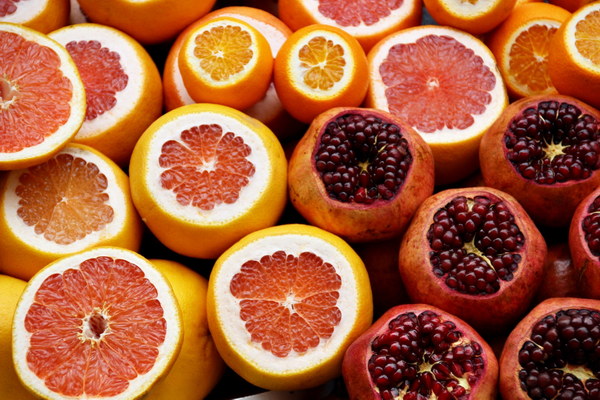Revitalizing the Mind and Body A Students Journey into Homemade Health Teas
Revitalizing the Mind and Body: A Student's Journey into Homemade Health Teas
In the whirlwind of academic life, students often find themselves struggling to maintain a healthy lifestyle amidst the demands of coursework, exams, and social activities. As a dedicated student myself, I've embarked on a journey to blend my academic pursuits with self-care, and one of the most delightful discoveries has been the art of making homemade health teas. These concoctions not only provide a moment of tranquility but also offer numerous health benefits that have significantly enhanced my well-being.
The Birth of a Passion
My interest in herbal teas was sparked during a particularly stressful semester. With caffeine and energy drinks becoming my go-to beverages, I began to experience the negative side effects of overconsumption. It was then that I stumbled upon the world of homemade health teas. I was captivated by the idea of crafting a cup of tea that could soothe my frazzled nerves, boost my energy levels, and provide essential nutrients to keep me healthy.
A Variety of Benefits
The benefits of homemade health teas are numerous. Firstly, they are free from artificial additives and preservatives, making them a healthier alternative to commercial teas and coffee. Secondly, the ingredients in these teas are often rich in antioxidants, vitamins, and minerals, which help to boost the immune system and prevent disease. Lastly, the act of making and sipping tea is inherently calming, offering a much-needed break from the stresses of student life.
The Ingredients and the Process
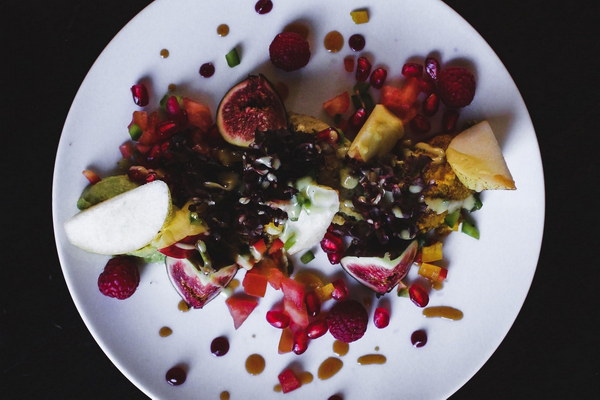
The beauty of homemade health teas lies in the vast array of ingredients and the creative freedom to experiment with flavors and benefits. Here are a few of my favorite combinations:
1. Lemon and Ginger Tea: A zesty blend of lemon and fresh ginger root, this tea is perfect for soothing an upset stomach, boosting metabolism, and providing a natural immune system boost.
2. Chamomile and Lavender Tea: Known for its calming properties, this tea is ideal for winding down after a long day of studying or to help with insomnia.
3. Hibiscus and Rosehip Tea: A tart and tangy blend that is not only delicious but also rich in vitamin C and antioxidants, helping to protect the body from free radicals.
To make these teas, I simply gather my ingredients, chop them into manageable pieces, and steep them in hot water for a few minutes. I then strain the tea and add a touch of honey or lemon for extra flavor. The process is both simple and rewarding, allowing me to take pride in the creation of my own health elixir.
The Impact on My Life
Since incorporating homemade health teas into my daily routine, I have noticed a significant improvement in my overall well-being. I feel more energized, less stressed, and more focused on my studies. Additionally, the act of making tea has become a cherished ritual, giving me a moment to pause and appreciate the smaller joys in life.
Conclusion
The journey into the world of homemade health teas has been a delightful and enlightening experience. Not only have these teas improved my physical and mental health, but they have also brought a sense of accomplishment and mindfulness to my life. I encourage students and others to explore the world of homemade health teas and discover their own unique blends that can help them navigate the challenges of daily life with greater ease and health. Cheers to a healthier, happier lifestyle!


